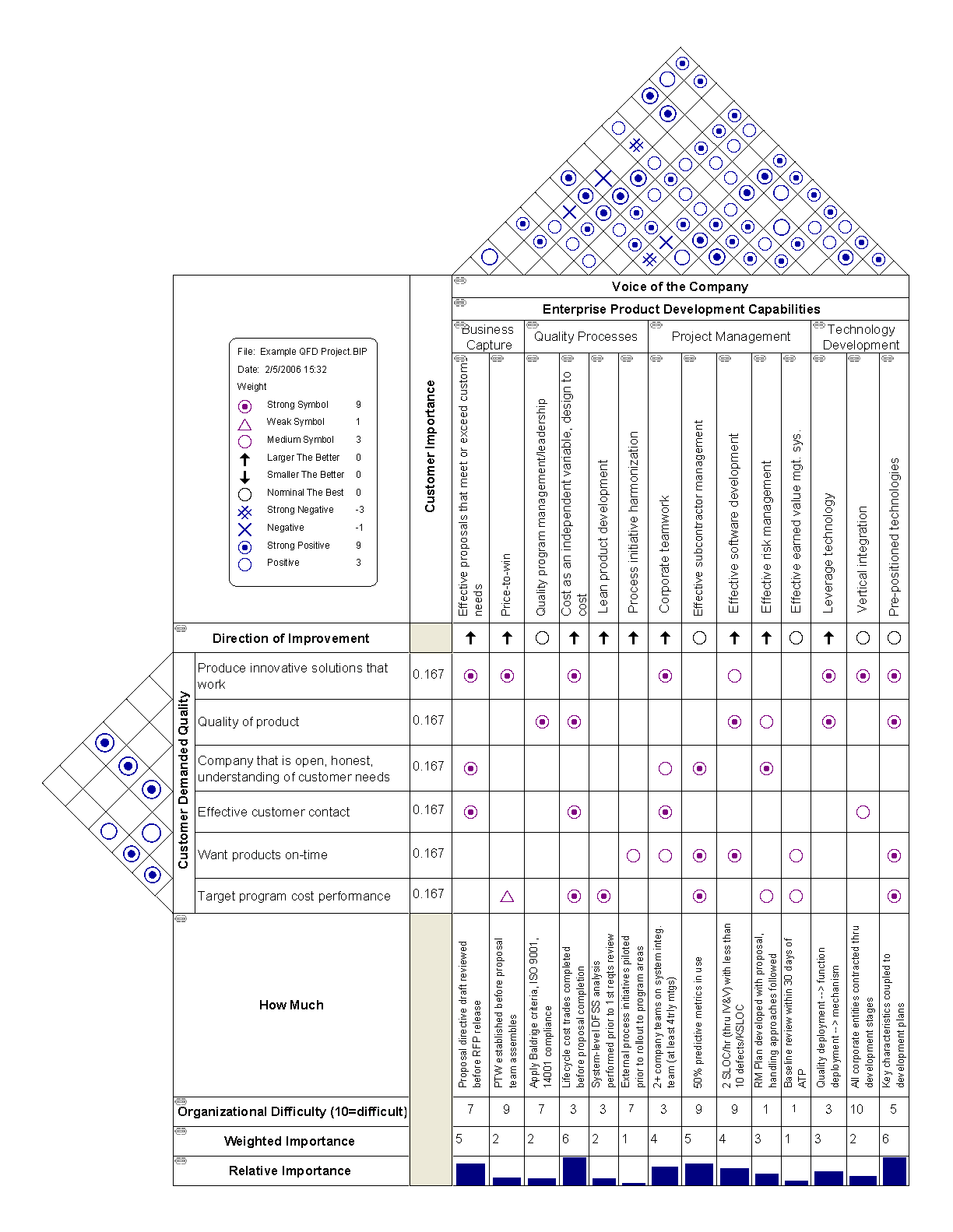|
Mihajlo Mesarovic
Mihajlo D. Mesarovic ( Serbian Latin: ''Mihajlo D. Mesarović'', Serbian Cyrillic: Михајло Д. Месаровић; born 2 July 1928) is a Serbian scientist, who is a professor of Systems Engineering and Mathematics at Case Western Reserve University. Mesarovic has been a pioneer in the field of systems theory, he was UNESCO Scientific Advisor on Global change and also a member of the Club of Rome. Biography Mihajlo D. Mesarović was born on 2 July 1928, in Zrenjanin, Yugoslavia. He was awarded the B.S. from the University of Belgrade Faculty of Electrical Engineering in 1951. In 1955 he received a Ph.D. in Technical sciences from the Serbian Academy of Sciences and Arts. From 1951 to 1955, Mesarović was a research assistant at the Nikola Tesla Institute in Belgrade. From 1955 to 1958 he was head of the inspection department of the Institute. At the same time, Mesarović held academic positions at the University of Belgrade, Yugoslavia from 1954 to 1958. In 1958 he bec ... [...More Info...] [...Related Items...] OR: [Wikipedia] [Google] [Baidu] |
Gaj's Latin Alphabet
Gaj's Latin alphabet ( sh-Latn-Cyrl, Gajeva latinica, separator=" / ", Гајева латиница}, ), also known as ( sr-Cyrl, абецеда, ) or ( sr-Cyrl, гајица, link=no, ), is the form of the Latin script used for writing all four standard varieties of Serbo-Croatian: Bosnian language, Bosnian, Croatian language, Croatian, Montenegrin language, Montenegrin, and Serbian language, Serbian. It contains 27 individual letters and 3 digraphs. Each letter (including digraphs) represents one Serbo-Croatian phonology, Serbo-Croatian phoneme, yielding a highly phonemic orthography. It closely corresponds to the Serbian Cyrillic alphabet. The alphabet was initially devised by Croatian linguist Ljudevit Gaj in 1835 during the Illyrian movement in Croats, ethnically Croatian parts of the Austrian Empire. It was largely based on Jan Hus's Czech alphabet and was meant to serve as a unified orthography for Triune Kingdom, three Croat-populated kingdoms within the Austrian Empi ... [...More Info...] [...Related Items...] OR: [Wikipedia] [Google] [Baidu] |
Complex Systems
A complex system is a system composed of many components that may interact with one another. Examples of complex systems are Earth's global climate, organisms, the human brain, infrastructure such as power grid, transportation or communication systems, complex software and electronic systems, social and economic organizations (like cities), an ecosystem, a living cell, and, ultimately, for some authors, the entire universe. The behavior of a complex system is intrinsically difficult to model due to the dependencies, competitions, relationships, and other types of interactions between their parts or between a given system and its environment. Systems that are " complex" have distinct properties that arise from these relationships, such as nonlinearity, emergence, spontaneous order, adaptation, and feedback loops, among others. Because such systems appear in a wide variety of fields, the commonalities among them have become the topic of their independent area of research. In ... [...More Info...] [...Related Items...] OR: [Wikipedia] [Google] [Baidu] |
Complex Systems Scientists
Complex commonly refers to: * Complexity, the behaviour of a system whose components interact in multiple ways so possible interactions are difficult to describe ** Complex system, a system composed of many components which may interact with each other * Complex (psychology), a core pattern of emotions etc. in the personal unconscious organized around a common theme such as power or status Complex may also refer to: Arts, entertainment and media * Complex (English band), formed in 1968, and their 1971 album ''Complex'' * Complex (band), a Japanese rock band * ''Complex'' (album), by Montaigne, 2019, and its title track * ''Complex'' (EP), by Rifle Sport, 1985 * "Complex" (song), by Gary Numan, 1979 * "Complex", a song by Katie Gregson-MacLeod, 2022 * "Complex" a song by Be'O and Zico, 2022 * Complex Networks, publisher of the now-only-online magazine ''Complex'' Biology * Protein–ligand complex, a complex of a protein bound with a ligand * Exosome complex, a multi-protei ... [...More Info...] [...Related Items...] OR: [Wikipedia] [Google] [Baidu] |
Systems Engineers
Systems engineering is an interdisciplinary field of engineering and engineering management that focuses on how to design, integrate, and manage complex systems over their life cycles. At its core, systems engineering utilizes systems thinking principles to organize this body of knowledge. The individual outcome of such efforts, an engineered system, can be defined as a combination of components that work in synergy to collectively perform a useful function. Issues such as requirements engineering, reliability, logistics, coordination of different teams, testing and evaluation, maintainability, and many other disciplines, aka "ilities", necessary for successful system design, development, implementation, and ultimate decommission become more difficult when dealing with large or complex projects. Systems engineering deals with work processes, optimization methods, and risk management tools in such projects. It overlaps technical and human-centered disciplines such as industria ... [...More Info...] [...Related Items...] OR: [Wikipedia] [Google] [Baidu] |
Systems Biologists
A system is a group of interacting or interrelated elements that act according to a set of rules to form a unified whole. A system, surrounded and influenced by its environment, is described by its boundaries, structure and purpose and is expressed in its functioning. Systems are the subjects of study of systems theory and other systems sciences. Systems have several common properties and characteristics, including structure, function(s), behavior and interconnectivity. Etymology The term ''system'' comes from the Latin word ''systēma'', in turn from Greek ''systēma'': "whole concept made of several parts or members, system", literary "composition"."σύστημα" , Henry George Liddell, Robert Scott, '' |
Control Theorists
Control may refer to: Basic meanings Economics and business * Control (management), an element of management * Control, an element of management accounting * Comptroller (or controller), a senior financial officer in an organization * Controlling interest, a percentage of voting stock shares sufficient to prevent opposition * Foreign exchange controls, regulations on trade * Internal control, a process to help achieve specific goals typically related to managing risk Mathematics and science * Control (optimal control theory), a variable for steering a controllable system of state variables toward a desired goal * Controlling for a variable in statistics * Scientific control, an experiment in which "confounding variables" are minimised to reduce error * Control variables, variables which are kept constant during an experiment * Biological pest control, a natural method of controlling pests * Control network in geodesy and surveying, a set of reference points of known geospatial ... [...More Info...] [...Related Items...] OR: [Wikipedia] [Google] [Baidu] |
Living People
Purpose: Because living persons may suffer personal harm from inappropriate information, we should watch their articles carefully. By adding an article to this category, it marks them with a notice about sources whenever someone tries to edit them, to remind them of WP:BLP (biographies of living persons) policy that these articles must maintain a neutral point of view, maintain factual accuracy, and be properly sourced. Recent changes to these articles are listed on Special:RecentChangesLinked/Living people. Organization: This category should not be sub-categorized. Entries are generally sorted by family name In many societies, a surname, family name, or last name is the mostly hereditary portion of one's personal name that indicates one's family. It is typically combined with a given name to form the full name of a person, although several give .... Maintenance: Individuals of advanced age (over 90), for whom there has been no new documentation in the last ten ... [...More Info...] [...Related Items...] OR: [Wikipedia] [Google] [Baidu] |
1928 Births
Events January * January – British bacteriologist Frederick Griffith reports the results of Griffith's experiment, indirectly demonstrating that DNA is the genetic material. * January 1 – Eastern Bloc emigration and defection: Boris Bazhanov, Joseph Stalin's personal secretary, crosses the border to Iran to defect from the Soviet Union. * January 17 – The OGPU arrests Leon Trotsky in Moscow; he assumes a status of passive resistance and is exiled with his family. * January 26 – The volcanic island Anak Krakatau appears. February * February – The Ford River Rouge Complex at Dearborn, Michigan, an automobile plant begun in 1917, is completed as the world's largest integrated factory. * February 8 – Scottish-born inventor John Logie Baird broadcasts a transatlantic television signal from London to Hartsdale, New York. * February 11 – February 19, 19 – The 1928 Winter Olympics are held in St. Moritz, Switzerland, the first as a separate event. Sonja Henie of ... [...More Info...] [...Related Items...] OR: [Wikipedia] [Google] [Baidu] |
Ladislaus Bortkiewicz
Ladislaus Josephovich Bortkiewicz (Russian language, Russian Владислав Иосифович Борткевич, German language, German ''Ladislaus von Bortkiewicz'' or ''Ladislaus von Bortkewitsch'') (7 August 1868 – 15 July 1931) was a Russian economist and statistician of Poland, Polish ancestry. He wrote a book showing how the Poisson distribution, a discrete probability distribution, can be useful in applied statistics, and he made contributions to mathematical economics. He lived most of his professional life in Germany, where he taught at Strassburg University (Privatdozent, 1895–1897) and Berlin University (1901–1931). Life and work Ladislaus Bortkiewicz was born in Saint Petersburg, Imperial Russia, to two ethnic Polish parents: Józef Bortkiewicz and Helena Bortkiewicz (née Rokicka). His father was a szlachta, Polish nobleman who served in the Imperial Russian Army, Russian Imperial Army. Bortkiewicz graduated from the Law Faculty in 1890. In 1898 he p ... [...More Info...] [...Related Items...] OR: [Wikipedia] [Google] [Baidu] |
Systems Engineering
Systems engineering is an interdisciplinary field of engineering and engineering management that focuses on how to design, integrate, and manage complex systems over their Enterprise life cycle, life cycles. At its core, systems engineering utilizes systems thinking principles to organize this body of knowledge. The individual outcome of such efforts, an engineered system, can be defined as a combination of components that work in synergy to collectively perform a useful Function (engineering), function. Issues such as requirements engineering, Reliability engineering, reliability, logistics, coordination of different teams, testing and evaluation, maintainability, and many other Discipline (academia), disciplines, aka List of system quality attributes, "ilities", necessary for successful system design, development, implementation, and ultimate decommission become more difficult when dealing with large or complex projects. Systems engineering deals with work processes, optimizat ... [...More Info...] [...Related Items...] OR: [Wikipedia] [Google] [Baidu] |
Systems Biology
Systems biology is the computational modeling, computational and mathematical analysis and modeling of complex biological systems. It is a biology-based interdisciplinary field of study that focuses on complex interactions within biological systems, using a holistic approach (holism instead of the more traditional reductionist, reductionism) to biological research. This multifaceted research domain necessitates the collaborative efforts of chemists, biologists, mathematicians, physicists, and engineers to decipher the biology of intricate living systems by merging various quantitative molecular measurements with carefully constructed mathematical models. It represents a comprehensive method for comprehending the complex relationships within biological systems. In contrast to conventional biological studies that typically center on isolated elements, systems biology seeks to combine different biological data to create models that illustrate and elucidate the dynamic interactions with ... [...More Info...] [...Related Items...] OR: [Wikipedia] [Google] [Baidu] |
Foundation For The Rights Of Future Generations
Foundation for the Rights of Future Generations (FRFG), also known as Stiftung für die Rechte zukünftiger Generationen (SRzG), is a German think tank and activist group focused on intergenerational justice and sustainability. Established in 1997, the foundation is based in Stuttgart, Germany. The FRFG has been called the most important extra-parliamentary think tank on the topic of intergenerational justice in Germany, and has members from around the world. The organization rose to national prominence while campaigning to include a provision for sustainability and the protection of future generations into the German constitution. It has also campaigned for age-independent voting rights. FRFG publishes the English-language journal Intergenerational Justice Review' in collaboration with the University of Tübingen and thIntergenerational Foundation. FRFG is associated with the United Nations Economic and Social Council (ECOSOC) and the Department of Public Information (DPI). B ... [...More Info...] [...Related Items...] OR: [Wikipedia] [Google] [Baidu] |




